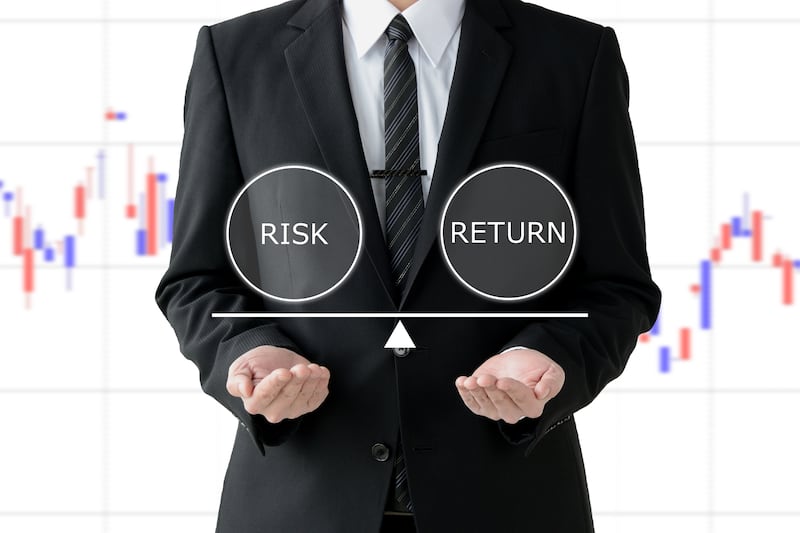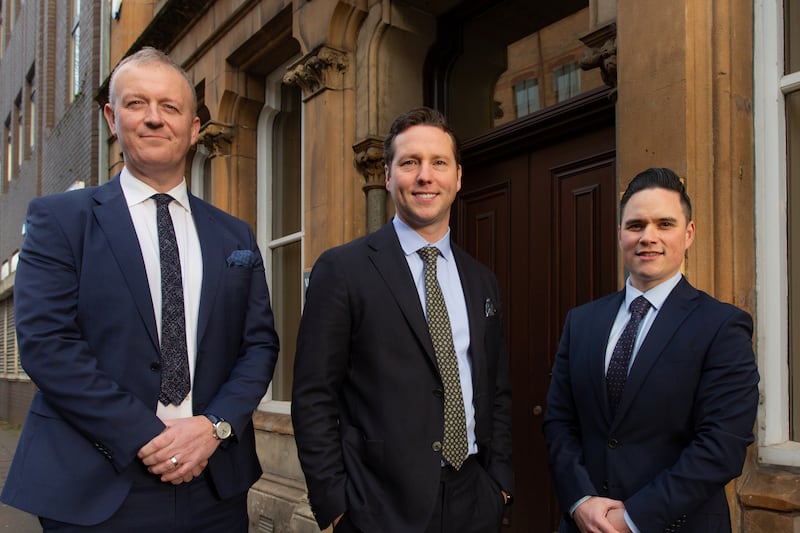Adaptation and agility have always been vital components in an organisation’s crisis response plan. To meet changing circumstances head-on often at short notice or during no-notice events, before navigating a strategic path towards solution.
That, on paper, is a sound guiding principle for companies in the throes of an emergency issue, however in recent years we have witnessed the emergence of the ‘polycrisis’, a cascading and connected series of crises affecting the world of business on a global scale.
In its 2023 Global Risks Report, the World Economic Forum (WEF) used the term, first coined in the late 1990s, to explain how present and future risks can also ‘interact with each other to form a “polycrisis” – a cluster of related global risks with compounding effects, such that the overall impact exceeds the sum of each part’.
Rarely has the corporate risk radar been so very active. Risks that are forecast to remain live or potentially evolve in the decade to come, be that cyber insecurity and the disruptive force of AI, acute geopolitical turbulence, the supply chain disruption brought on by more volatile weather patterns. The list is as stark as it is severe. Filled with crises that compound and thereby challenging organisations to be future-fit, yes, but also front-footed and agile in their response to an external risk environment where issues once viewed as longer-term problems are now woven into the daily agenda.
In the second part of its Corporate Risk Radar report, Clyde & Co., a global law firm with a presence in Belfast, note this ‘operationalisation’ of risk among C-suite and board members respondents who refer to 2024 as the year when existential threats – namely ESG and artificial intelligence – became part of the risk fabric that companies are dealing with day-to-day.
In this fluid arena, preparedness is undoubtedly essential, as is the commitment to corporate communications as the timely vehicle to foster inclusivity and engagement among staff and wider stakeholders when the only constant is change itself.
There has and always will be complex mechanisms happening around the world beyond our control, however it is in a business’ best interests to remain agile and vigilant. By employing tactics such as horizon scanning and a clear chain of command, an organisation can be better equipped for whatever tomorrow brings with the right message, delivered at the right time, and within the right forum.
When companies are thrust under the microscope, corporate comms plays a crucial role in avoiding long-term reputational damage. Handled well, and the message being communicated by media and other interested parties is accurate to the letter, positioning the organisation as under fire, yes, but ultimately capable and robust in its response. If not, social media will snowball the crisis in seconds, by which time misinformation will already be spreading faster than the truth. A robust corporate comms strategy both manages and mitigates when the reputational risks are only a few clicks away.
Indeed, polycrisis may be a buzzword, but it nevertheless speaks to the pace of change in our modern world. Not to mention how many of the world’s tangled mess of problems are in fact interconnected.
For a word that has its roots in chemistry, the mere emergence of ‘polycrisis’ in today’s lexicon also underlines how high connectivity lets a disruption – a flu-like disease, to use an all-too-recent example – move quickly from one part of a system to another.
More to the point, if the polycrisis demonstrates how global crises can be inherently connected, then corporate communications must be similarly holistic in its response. To look beyond the rigid structures of old to facilitate cross-functional and indeed cross-sector collaboration, building a workplace culture that empowers employees to be crisis-ready.
From a business perspective, it is prudent to not only understand the uncertainty and potential risks, but also to have clarity over the communication practices necessary in a state of upheaval. Communication practices that are empathetic and forward-thinking, enabling an organisation to be more agile, resilient and capable of foreseeing whatever challenges may lie just beyond the brow of the horizon.
The corporate comms purview now spans everything from AI to KPIs, with Cision’s 2024 Global Comms Report noting that greater expectations are now placed upon companies to build sustainable growth and value in a changing world.
The past few tumultuous years are a pointed reminder that, with more eyes bringing yet more responsibility, companies equipped with the emergency response plan, tactical know-how and flexibility are the first to run towards the proverbial fire.
Claire Aiken is managing director at Aiken PR








